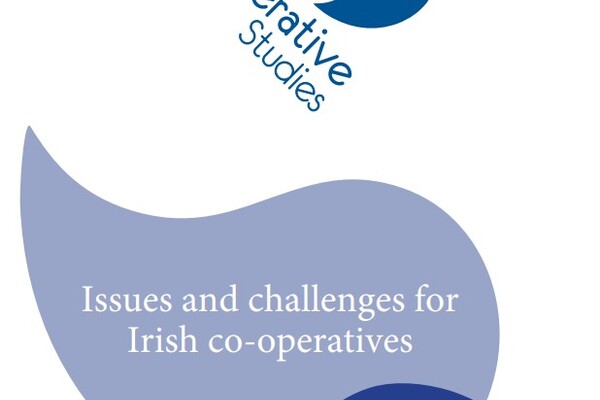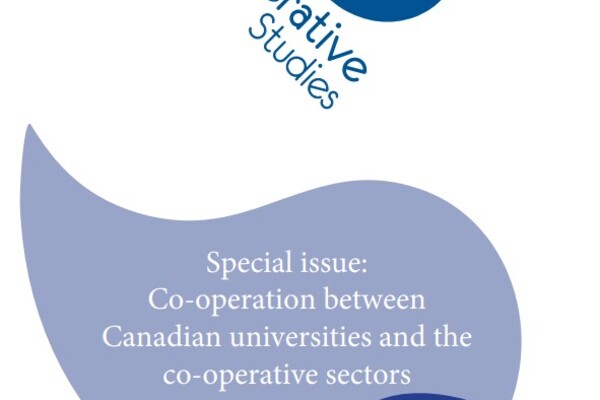Journal of Co-operative Studies, 54(1) - No. 161
Guest Editorial - Issues and challenges for Irish co-operatives
Bridget Carroll and Olive McCarthy, pp. 3-5
PDF
Peer review articles
Gerard Doyle, pp. 7-23
Anita Mangan, pp. 25-37
Short papers and think pieces
From tenants to members: The case for co-operative social housing
Fiona Dunkin, pp. 39-41
Tackling ‘them and us’: Co-operative health and member engagement in changing times
James Doyle, pp. 43-48
Co-operatives in Northern Ireland: Resisting the Neoliberal Peace?
Eleonore Perrin, pp. 49-52
A systems approach to Irish co-operatives in Ireland
Norman Rides, pp. 53-54
How are Ireland’s credit unions coping with the pandemic?
Olive McCarthy, pp. 55-56
Book reviews
Reviewed by Ray O’Connor, pp. 57-59










